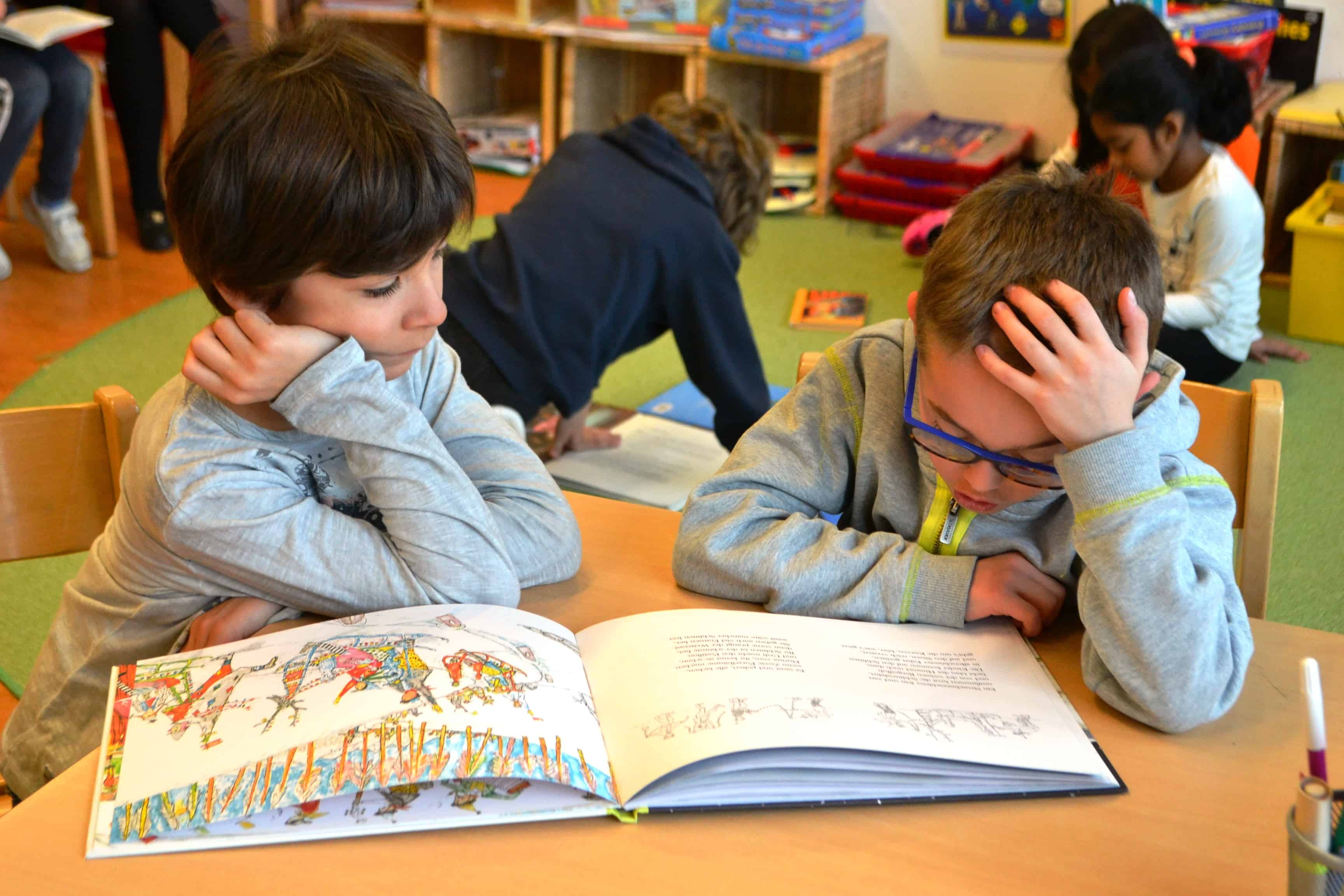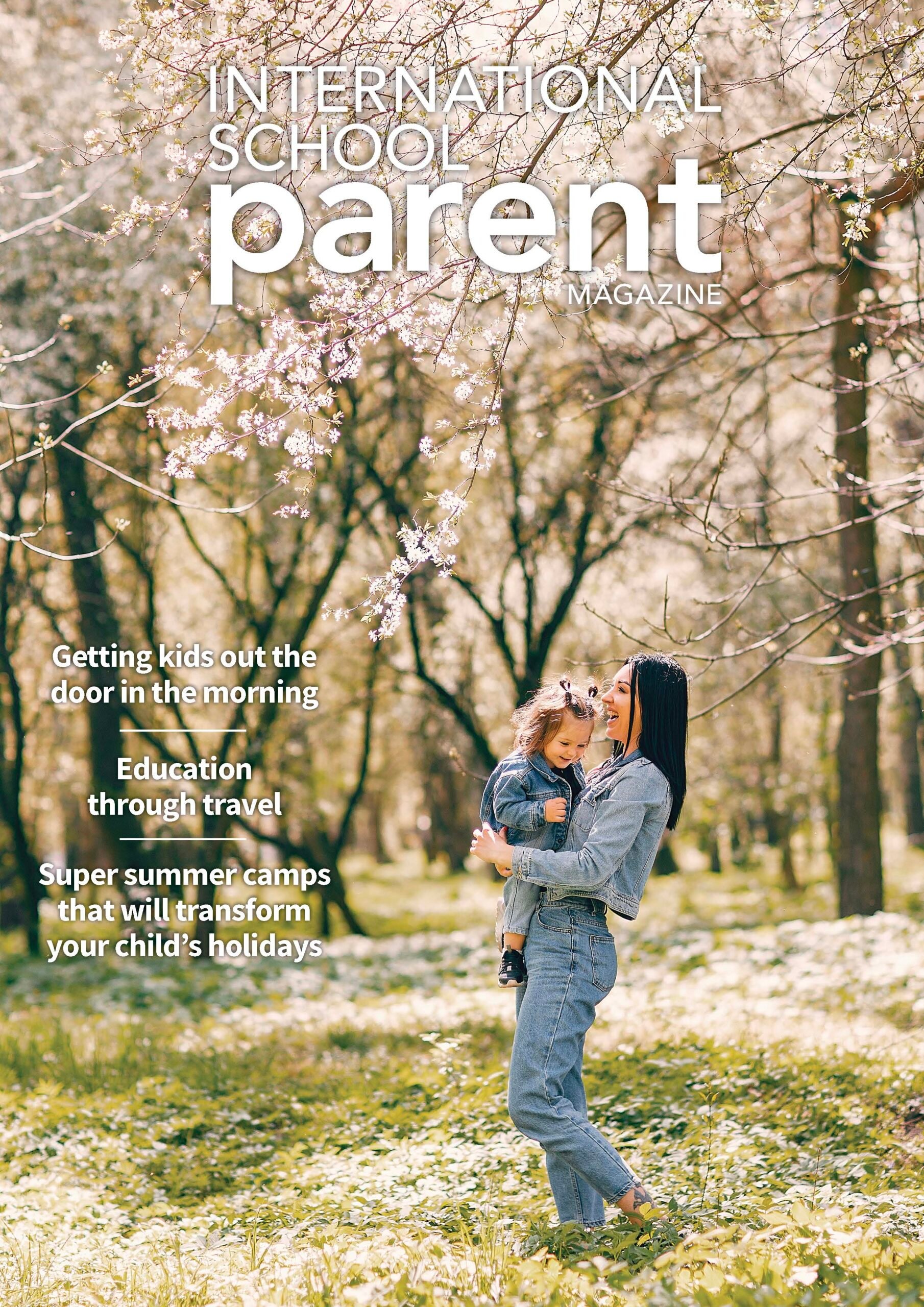Raising Kids Away From ‘Home’

Raising Globally-Minded Children: A Parent’s Guide to Navigating International Upbringing
Are you raising your child in a foreign country? Moving away from your home culture and support networks can be daunting, and you might be concerned about the impact it will have on your children’s development and future. It’s a journey filled with unique advantages and challenges that shape the lives of so-called “third-culture kids” (TCKs). Understanding the benefits and navigating the hurdles effectively can ensure a positive international upbringing for your child.
The Benefits of an International Upbringing for Children
Children of expatriates, known as TCKs, spend a significant part of their developmental years in a different culture from their parents. They blend elements from both their host country and parental culture, creating a unique “third culture.” Research shows that these children often:
- Develop friendships quickly and deeply due to their experiences in relocating.
- Exhibit self-confidence, flexibility, adaptability, and a high degree of independence.
- Possess a “three-dimensional world view,” which includes knowledge, understanding, and empathy for multiple cultures, making them adept at navigating an intercultural world.
Challenges and Strategies for Raising Children Abroad
While there are many advantages to an international upbringing, parents may worry about the challenges, especially during the crucial adolescent years when identity formation is key. Transitions can be stressful, and frequent moves can intensify these experiences, leading to cultural shock and a sense of instability.
Understanding the Transition Cycle
According to experts David C. Pollock and Ruth E. Van Reken, the transition cycle for TCKs includes five stages:
- Involvement – Fully engaged in the current community.
- Leaving – Emotional detachment begins, leading to a sense of becoming an outsider.
- Transition – The chaos of moving, losing familiar anchors, and feeling status-less.
- Entering – Tentatively becoming part of a new community, balancing excitement and homesickness.
- Reinvolvement – Fully integrating and feeling a sense of belonging in the new community.
Preparing for the Move: The RAFT Strategy
To help children cope with the transition, Pollock and Van Reken recommend building a RAFT:
- Reconciliation – Resolve any conflicts to ensure no unfinished business.
- Affirmation – Acknowledge and appreciate current significant relationships.
- Farewells – Take time for proper goodbyes to people, places, and possessions.
- Think Destination – Help children envision the new setting with realistic expectations.
Strengthening Family Bonds
The family unit becomes even more crucial for TCKs. Stable family relationships provide a centre to their lives amidst geographic changes. Here are some strategies to support your child’s emotional needs:
- Listen and Understand – Pay close attention to your child’s concerns and behaviors.
- Value Contributions – Involve children in discussions about the move and validate their input.
- Family Time – Ensure availability for emotional and physical presence as a family.
Post-Move Adjustment
After relocating:
- School Support – Work with both the departing and receiving schools to ensure a smooth transition.
- Social Connections – Help your child find new friends and engage with community activities.
- Maintain Bonds – Use social media technologies to keep in touch with family and friends back home.
Living abroad offers a rewarding experience for families that choose this path. It equips TCKs with the ability to understand different cultures, which is invaluable in our interconnected world. If you’re a parent seeking support for raising your child internationally, embracing these strategies can make all the difference.
For further assistance and tips on raising children abroad, navigating cultural transitions, and making the most of international education, connect with communities of expatriate parents and educational experts who understand the unique challenges and rewards of raising third-culture kids.
More from International School Parent
- A home for a global community: in conversation with Naomi Hattaway
- How to Raise A Reader
- 9 Ways to Improve the Life of the Introvert You Love
- The Importance of Well Managed School Transitions
- 5 Tips for Raising a Bilingual Child in Germany
Find more articles like this here: www.internationalschoolparent.com/articles/
Want to write for us? If so, you can submit an article here: www.internationalschoolparent.submittable.com
